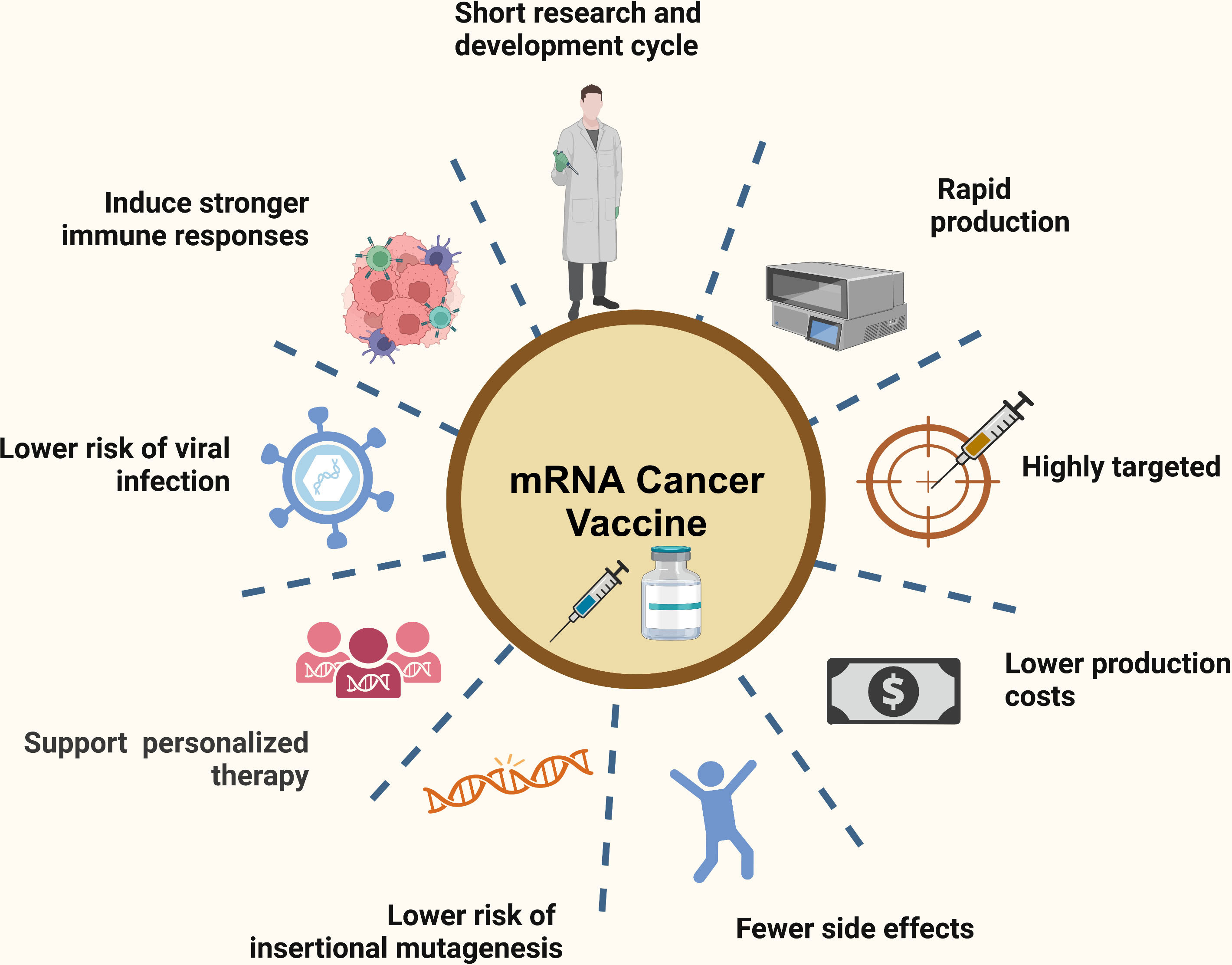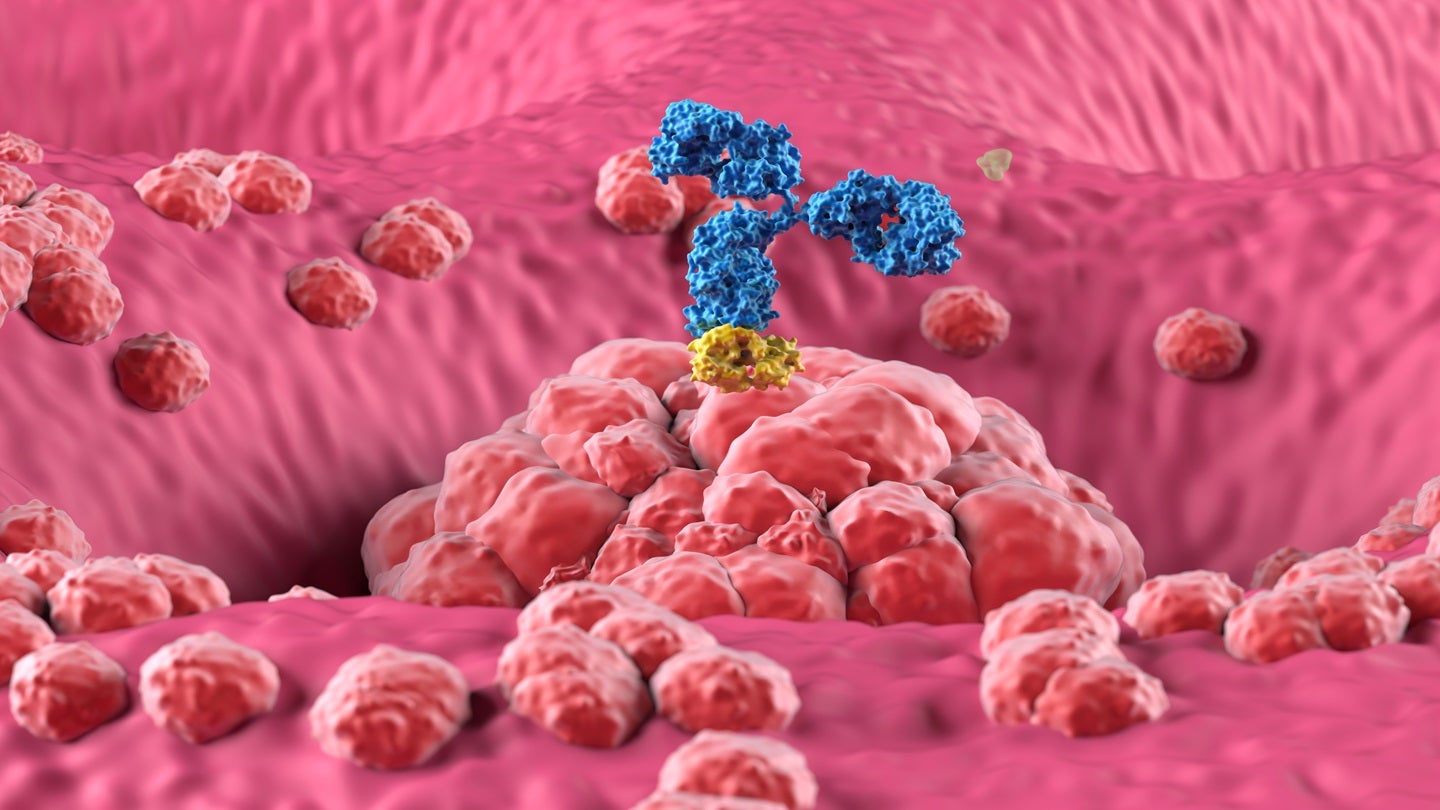
mRNA Technology: A Revolutionary Approach to Cancer Treatment
The landscape of cancer treatment is poised for transformation, thanks to advancements in mRNA technology. This innovative method, which gained public attention during the COVID-19 pandemic, is now opening avenues toward more personalized and effective therapies. Messenger RNA serves as a guide to instruct patients’ cells on how to fight diseases, including cancer.
Collaborative Efforts in Cancer Immunotherapy
Prominent companies like Moderna Inc. and Merck & Co are at the forefront of this revolution, collaborating on an experimental mRNA vaccine paired with Merck’s well-known immunotherapy drug, Keytruda. Enthusiastic results from mid-stage trials targeting melanoma have paved the way for a late-stage study aimed at validating their findings. Furthermore, efforts are underway to extend their research to additional cancer types, including non-small cell lung cancer, demonstrating the broad potential of this approach in oncology.
 Breakthroughs in cancer immunotherapy
Breakthroughs in cancer immunotherapy
A New Era in Cancer Diagnostics
mRNA innovation is not limited to treatment; it is also pioneering new diagnostics techniques. Mainz Biomed N.V., a company specializing in early cancer detection, shared insights into its significant achievements over the past year. The company’s flagship product, ColoAlert, an at-home screening test for colorectal cancer, is gaining traction across Europe. At the upcoming ASCO 2024 conference, Mainz Biomed is set to confirm its previous studies, including the ColoFuture and eAArly DETECT studies, highlighting the potency of their diagnostic tools.
Mainz Biomed’s test integrates the Fecal Immunochemical Test with proprietary mRNA biomarkers, yielding impressive results—92% accuracy for detecting colorectal cancer and 82% sensitivity for advanced adenomas, known precursors of cancer. The test also boasts a remarkable 95.8% detection rate for high-grade dysplasia. Such achievements signify a monumental leap in the realm of early cancer detection, which is critical for patient outcomes.
The Future of Cancer Treatment and Diagnostics
With groundbreaking studies ongoing, mRNA technology shows immense potential not just to redefine cancer treatment, but also to advance diagnostic methodologies. As researchers explore this technology further, the medical community stands on the brink of a paradigm shift. The incorporation of sophisticated algorithms with mRNA biomarkers opens new possibilities for earlier detection and personalized therapeutic strategies.
 Paving the way for cancer diagnosis innovations
Paving the way for cancer diagnosis innovations
As we reflect on these advancements, it’s clear that both treatment and diagnostics are evolving. The synergy between entities like Moderna, Merck, and Mainz Biomed is an important step towards a comprehensive approach to combatting cancer more effectively.
In conclusion, the promise of mRNA technology in oncology is not merely a theoretical concept; it is becoming a reality. Researchers, clinicians, and patients alike may soon experience the fruits of these developments, moving closer to a future where cancer can be treated with increased efficacy, leading to better patient outcomes and, potentially, new standards in cancer care.
Further Insights and Developments
As the medical community continues to embrace the capabilities of mRNA technology, it will be interesting to monitor upcoming studies and findings that could further integrate these advancements into existing treatment protocols. Updates and innovative research are expected to take center stage in medical discourse moving forward.
 Continuous progress in medicine
Continuous progress in medicine
For ongoing updates, interested parties should keep an eye on Mainz Biomed N.V. and collaborate closely with their healthcare providers for more personalized insights regarding cancer treatment options.
Conclusion
In conclusion, as mRNA technology continues to evolve, it holds the potential not only to change the treatment landscape of cancer but also to enhance diagnostic precision, ultimately leading to improved patient survival rates and quality of life. The future looks promising as researchers persist in their quest to harness the power of mRNA for cancer diagnostics and therapeutics—ushering us into a new era of medicine.















